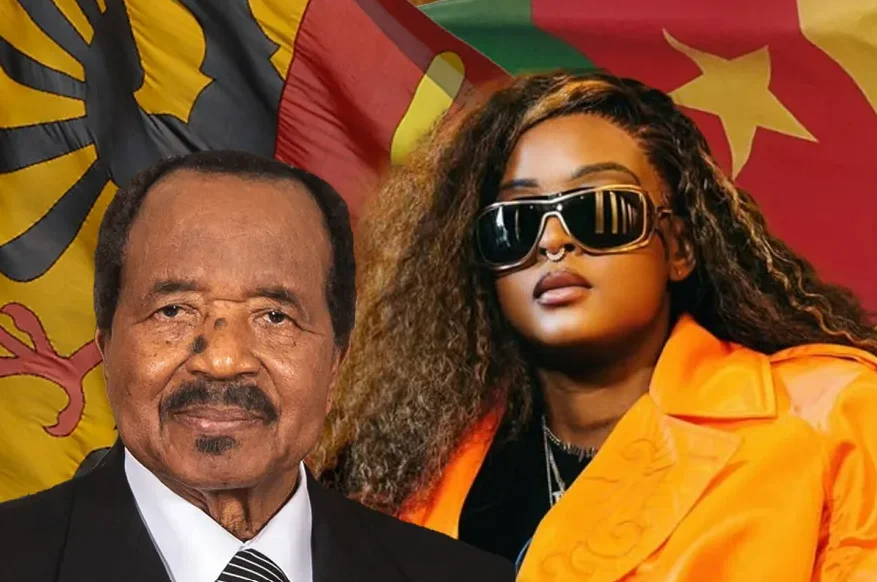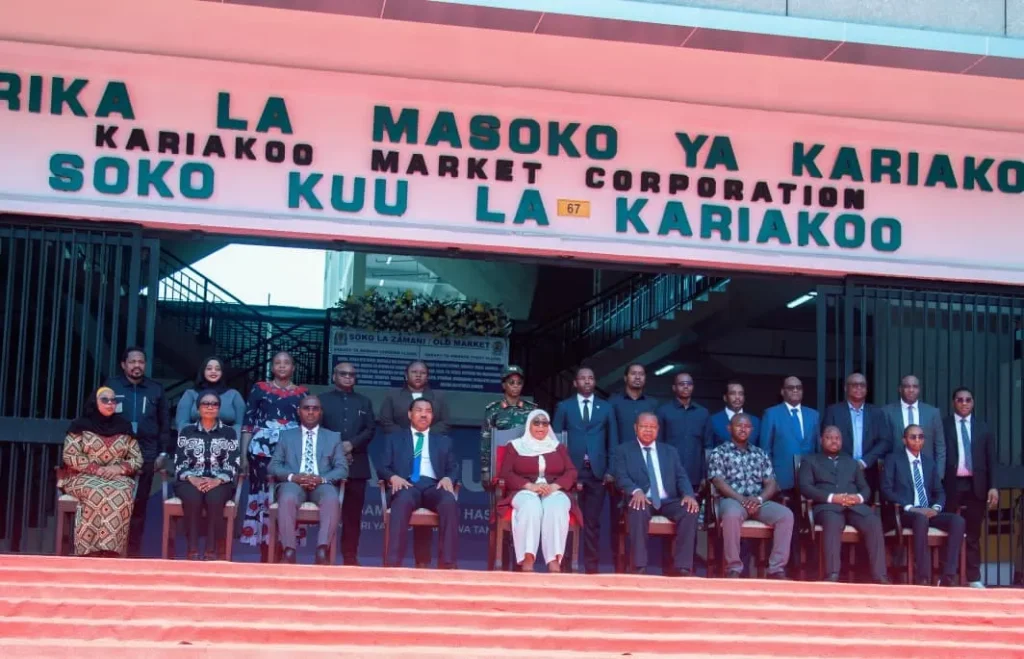On September 18, 2025, Cameroon’s political arena faced a seismic shift when Brenda Biya, the 27-year-old daughter of President Paul Biya, released a TikTok video from Switzerland.
In it, she publicly denounced her father’s campaign for an eighth term in the upcoming October 12 presidential election, exposing a deep familial and political divide.
Personal Struggles and Political Stand
Brenda declared her intent to sever ties with her parents, citing personal mistreatment and threats to her safety from their associates.
Shifting to politics, she stated,
“I won’t support Paul Biya.
“Cameroonians have endured enough hardship. We need fresh leadership.”
Her words strike a chord in a country grappling with economic challenges and social unrest.
Heightened Election Tensions
Paul Biya, now 92, has led Cameroon for over four decades, drawing criticism for his prolonged rule. Brenda’s viral video has energized opposition groups, adding fuel to an already contentious election campaign. With the vote approaching, her statement intensifies the pressure on the ruling party.
No Response from the Palace
As of September 19, 2025, Cameroon’s presidency has remained silent on Brenda’s video. Social media is abuzz, with some lauding her bravery and others speculating about her intentions.
The controversy has sparked widespread discussion about the election’s integrity and the ruling party’s dominance.
Brenda’s History of Public Attention
Brenda has previously drawn attention, including 2024 TikTok posts discussing her homosexuality—illegal in Cameroon—and dance videos that sparked conservative criticism.
Her latest move, directly challenging her father’s legacy, cements her as a divisive figure in the nation’s discourse.
Potential Impact on the Election
With 9.2 million registered voters, Brenda’s appeal could influence urban youth and disillusioned citizens.
Opposition parties view her stance as a rallying point, though Paul Biya’s party retains significant control.
As Cameroon confronts poverty and division, Brenda’s call for change amplifies public frustration, raising questions about its potential to sway the October election outcome.






